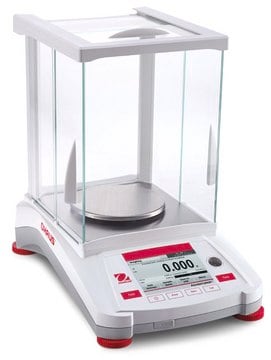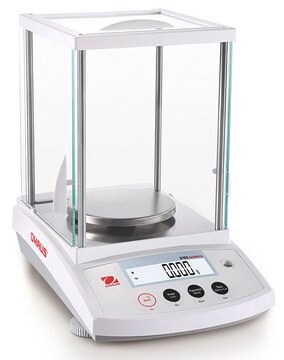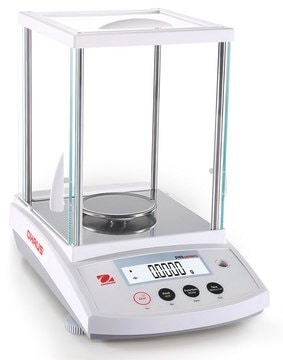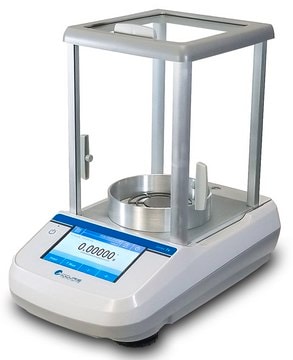SAB1300069
Anti-USP11 (C-term) antibody produced in rabbit
IgG fraction of antiserum, buffered aqueous solution
Synonym(s):
Anti-Ubiquitin carboxyl-terminal hydrolase 11, Anti-Ubiquitin thiolesterase 11, Deubiquitinating enzyme 11, Ubiquitin-specific processing protease 11
About This Item
Recommended Products
biological source
rabbit
conjugate
unconjugated
antibody form
IgG fraction of antiserum
antibody product type
primary antibodies
clone
polyclonal
form
buffered aqueous solution
species reactivity
human
technique(s)
immunohistochemistry: 1:50-1:100
indirect ELISA: 1:1000
western blot: 1:100-1:500
NCBI accession no.
UniProt accession no.
shipped in
dry ice
storage temp.
−20°C
target post-translational modification
unmodified
Gene Information
human ... USP11(8237)
General description
Immunogen
This antibody is generated from rabbits immunized with a KLH conjugated synthetic peptide selected from the C-terminal region of human USP11.
Physical form
Disclaimer
Not finding the right product?
Try our Product Selector Tool.
Storage Class Code
12 - Non Combustible Liquids
WGK
nwg
Flash Point(F)
Not applicable
Flash Point(C)
Not applicable
Certificates of Analysis (COA)
Search for Certificates of Analysis (COA) by entering the products Lot/Batch Number. Lot and Batch Numbers can be found on a product’s label following the words ‘Lot’ or ‘Batch’.
Already Own This Product?
Find documentation for the products that you have recently purchased in the Document Library.
Our team of scientists has experience in all areas of research including Life Science, Material Science, Chemical Synthesis, Chromatography, Analytical and many others.
Contact Technical Service







